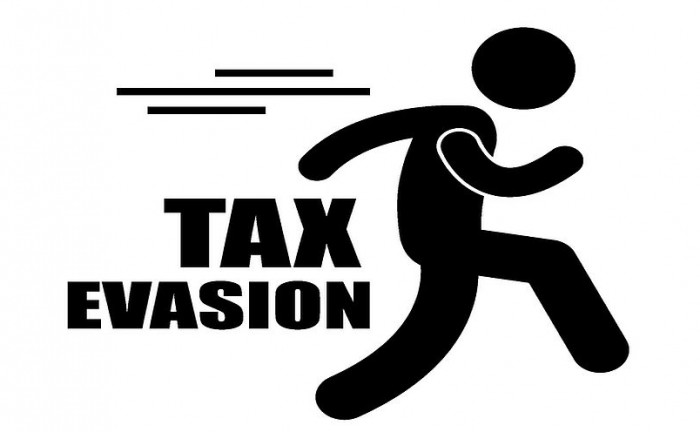
Explained, Financial Planning, General, Market Watch, Tax-free Growth
No Place to Hide for Expat Tax Evaders
Within the next two years, almost 100 governments around the world will be exchanging information about bank accounts.
Loopholes have rapidly begun to close for expat tax dodgers, and they are running out of places to hide. At present, if tax authorities suspect people of tax evasion and want details about their finances, they have to request details from overseas banks and institutions. A process that often proves to be a logistical nightmare, that is time consuming, slow moving and rarely worth the effort. However, within the next two years, tax authorities across 93 countries will routinely exchange information on everyone, every year, regardless of whether they’ve been paying their taxes or not.
The information to be shared includes account balances, interest, dividends and sales proceeds from financial assets. The collection of this information will start from next year with the first exchange of information in 2017. At first, 58 jurisdictions will be involved including the expat offshore centres of the Channel Islands and Isle of Man as well as countries across the EU. Bermuda, the Cayman Islands, Liechtenstein, Argentina and South Africa will also take part. By 2018, a further 35 countries will have joined including Australia, Canada, China, Singapore, Qatar, Monaco and Switzerland.
This change will have a huge affect on those who have chosen to not be wholly transparent with their tax liable jurisdictions. In fact, serial tax evaders who have not disclosed crucial information could be facing serious consequences. If expats do have unreported assets or income, then now is a good time to disclose it, before the automatic system kicks in.
Those who have so far taken a relaxed approach to declaring your worldwide assets, income and gains, could be in for a rude awakening when their relevant tax authority finally catches up with them, and they will, eventually.
Related Videos:
Expat Tax, Featured, Tax avoidance, Tax Changes, Tax Evasion, tax liabilities









Comments RSS Feed